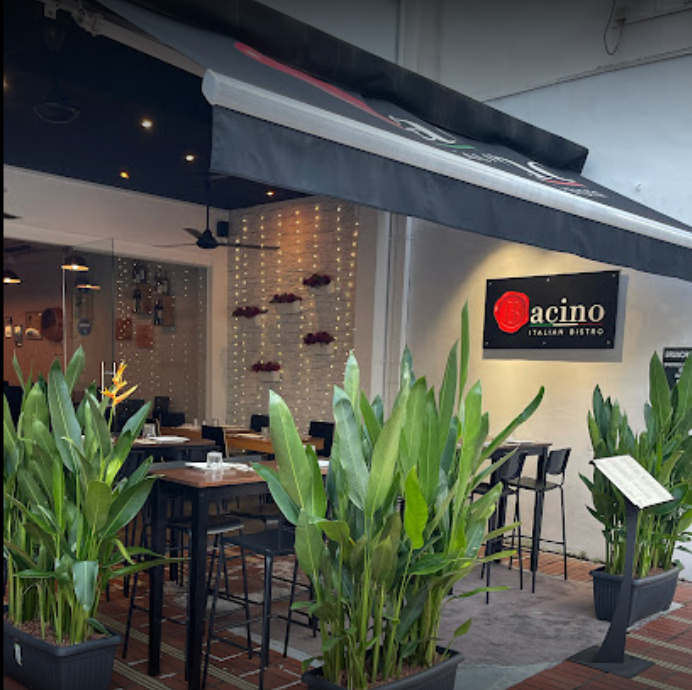In recent years, the spotlight has turned to sustainable eating, a movement that emphasizes environmental stewardship, ethical food production, and the health benefits of consuming locally sourced, fresh ingredients. Italy, with its deep-rooted culinary traditions and diverse agricultural landscapes, is at the forefront of this movement. The farm-to-table trend, although seemingly modern, resonates profoundly with the Italian ethos of simplicity, quality, and seasonality in food. This article delves into how sustainable eating practices are interwoven with Italian cuisine, highlighting the benefits and showcasing how you can incorporate these principles into your own dining experiences.
Embracing Locality and Seasonality
At the heart of Italian cuisine lies an unwavering commitment to using the freshest, locally sourced ingredients. This practice, inherently sustainable, ensures that dishes are prepared with produce at its peak, minimizing transportation and thereby reducing the carbon footprint. Seasonality dictates menus, with dishes such as ‘Risotto alla Primavera’ bursting with the tender vegetables of spring, or ‘Zuppa di Castagne’ made from autumn’s chestnut harvest. This alignment with nature’s rhythms not only supports local farmers but also offers a culinary journey through the seasons, with each dish telling a story of time and place.
The Zero-Waste Philosophy
Italian cooking demonstrates a remarkable ability to utilize ingredients fully, minimizing waste in a way that aligns with sustainable eating principles. The ‘cucina povera’ tradition, which translates to ‘poor kitchen’, is a testament to this. Historically developed out of necessity, it involves creating nourishing, flavorful dishes from the simplest of ingredients, leaving nothing to waste. Stale bread is transformed into ‘Panzanella’, a vibrant Tuscan salad, while leftover meats find new life in rich ‘Ragù’ sauces. This resourcefulness not only reduces waste but also encourages creativity in the kitchen.
Supporting Small-Scale and Organic Producers
The rise of the farm-to-table trend in Italy has bolstered small-scale and organic producers, who are often the custodians of biodiversity and traditional agricultural methods. Farmers markets and ‘sagre’ (food festivals) celebrate local specialties, from ‘San Marzano’ tomatoes to ‘Cinta Senese’ pork, fostering a connection between producers and consumers. Many Italian restaurants now proudly list the provenance of their ingredients, supporting a food system that is more transparent, equitable, and sustainable.
The Role of Slow Food
The Slow Food movement, founded in Italy, has been instrumental in championing sustainable eating practices globally. It advocates for food that is ‘good, clean, and fair’, promoting biodiversity, ecological farming, and the preservation of traditional food cultures. Through initiatives like the ‘Ark of Taste’, Slow Food helps protect indigenous ingredients and dishes at risk of extinction, ensuring that the rich tapestry of Italian cuisine is preserved for future generations.
Incorporating Sustainability into Your Italian Dining Experience
Embracing sustainable eating with Italian cuisine can be a deeply rewarding experience, one that enhances not only the taste of your meals but also your connection to the food you consume. Start by sourcing ingredients locally and seasonally, exploring farmers markets for inspiration. Experiment with traditional recipes that emphasize simplicity and resourcefulness. And, perhaps most importantly, take the time to savor your meals, reflecting on the journey from farm to table and the hands that nurtured and prepared your food.
In conclusion, sustainable eating in the context of Italian cuisine is more than a trend; it’s a return to the roots of traditional food culture, where the values of quality, sustainability, and community are intertwined. By adopting these principles, we can enjoy not only the rich flavors of Italian cuisine but also contribute to a more sustainable, equitable food system.
Buon appetito!














































































